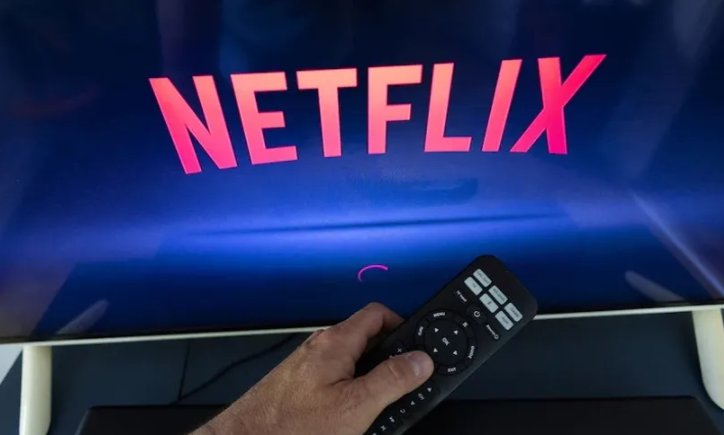
Netflix plans to increase its revenue from video games in the coming years, marking a potential shift in the digital streaming giant’s strategy. Executives at the company have engaged in discussions in recent months on how to generate revenue from their own video games, according to sources cited in a report by the Wall Street Journal.
Currently, Netflix provides all its subscribers with a free selection of electronic games as part of a strategy to retain users on the digital streaming platform when their favorite movies and TV shows are between seasons and to attract new users.
The sources mentioned that some of the discussed ideas include in-app purchases, charging fees for more advanced games developed by Netflix, or offering games with ads for subscribers at an ad-supported tier.
Such moves would represent a departure for Netflix, which has resisted advertising and in-app purchases in its games.
Netflix CEO Greg Peters stated to investors in April, “We want to deliver a great gaming experience, and part of that is giving game developers the ability to think about creating games that are entirely focused on delighting players without the worry of other forms of monetization, whether that’s ads or in-game payments.”
Netflix encourages open internal discussions about its strategy, a key pillar in its culture, and such discussions do not necessarily mean the company will decide to generate income from games.
These discussions are the latest example of how the company continually reassesses the balance between customer experience and the need to make money. Netflix had previously resisted moves such as eliminating password sharing and introducing an ad-supported tier for its service, concerned about the user experience, before reversing course on both fronts in the past two years.
While the number of Netflix users downloading games is increasing, it remains relatively small. According to estimates from the American firm Apptopia as of last October, less than 1% of global Netflix subscribers played its games daily.
Netflix emphasized that its game strategy, initiated in 2021 and currently consisting of free-to-download mobile games for subscribers, is a long-term bet. The company has acquired several small game studios in recent years and started producing more games focusing on its original shows and movies.
One of its most popular original games is “Too Hot to Handle: Love is a Game,” launched in December 2022. The game, associated with its TV show named “Too Hot to Handle,” was downloaded seven million times, according to San Francisco-based software company Sensor Tower.
Netflix also licenses popular games like “Grand Theft Auto: San Andreas,” which accounted for 11% of its game downloads in 2023, according to Sensor Tower.
Analysts estimated that Netflix spent about $1 billion on acquiring game studios and building its gaming business. The company spends around $17 billion annually on its shows and movies.
In general, Netflix games were downloaded about 81.2 million times globally last year, nearly three times the 28.7 million downloads in 2022, according to Sensor Tower. This recent total is still a small part of the hundreds of millions of downloads for gaming companies like Roblox and Activision, the publisher of the highly successful game “Candy Crush Saga.”
Netflix is expected to increase its gaming budget, as the company moves towards creating high-quality console games. It has announced job postings for dozens of gaming executives, including a director to oversee its first high-budget game. Such games, with higher development and marketing budgets, could cost hundreds of millions of dollars to produce.
This motivation is why Netflix discussed the possibility of charging fees for these types of games, according to some people cited by the Wall Street Journal.
Some managers and investors at Netflix have expressed skepticism about the company’s gaming division’s strategy. In a 2022 company leadership meeting, an analyst from Capital Group, which owns a large stake in the streaming company, questioned the value of actively pursuing electronic games. He expressed concerns that such activity is diverting resources from programming, as reported by the Wall Street Journal.
Leave a Reply